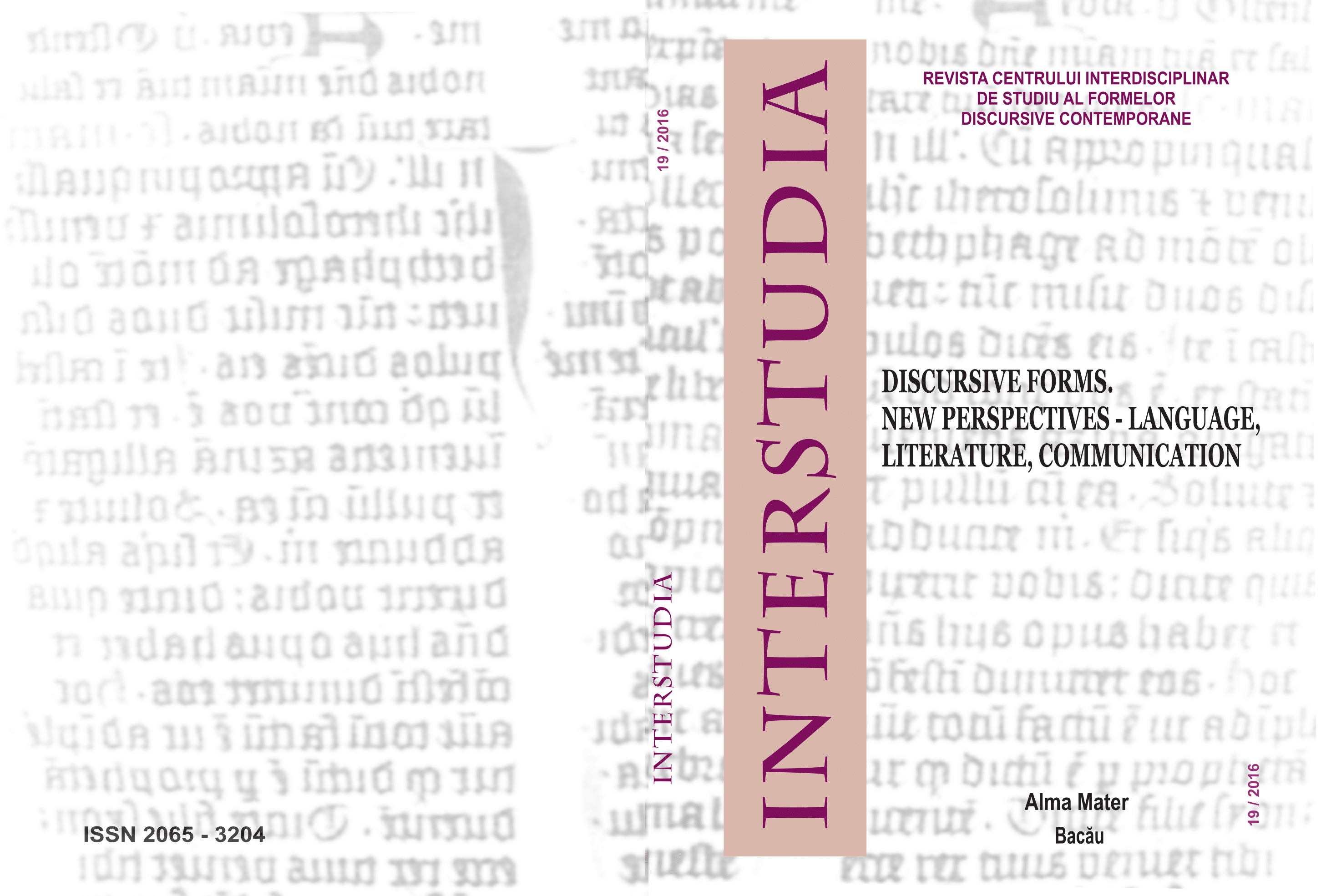THE DISCOURSE OF MORALITY IN S. RICHARDSON’S PAMELA; OR, VIRTUE REWARDED
THE DISCOURSE OF MORALITY IN S. RICHARDSON’S PAMELA; OR, VIRTUE REWARDED
Author(s): Mihaela CuleaSubject(s): Language and Literature Studies
Published by: Editura Alma Mater
Keywords: virtue; Christian morality; lay morality; sentimental novel; trial narrative; the prude;
Summary/Abstract: In their works, a number of eighteenth-century English writers such as Samuel Richardson and Oliver Goldsmith were concerned with moral conduct and the rule of right. Representing the ways in which the doctrine of morality grounded in Christian tenets challenged the social inequality, injustice, moral decay, licentiousness, mercantilism, excessive individualism and glorification of the commercial spirit specific to their age, the two writers advocated the triumph of virtuous conduct against many ills of the eighteenth-century English society. With its central focus on Richardson’s Pamela; or, Virtue Rewarded (1740), this paper addresses the ways in which the discourse of morality was constructed by Richardson in his epistolary novel on the background of an age that marked a shift from theological morality to secular or natural morality and which promoted natural religion and a sense of morality that derived from the laws of nature that could thus be more recognizable and accessible to the human being. Even though the firm belief in reason was the central concept of the Enlightenment discourse, Richardson and Goldsmith reaffirmed the authority of religion and the importance of the moral law drawing on the natural law and the Christian tenets. The paper first discusses morality in the literary and philosophical context of the eighteenth century, followed by a detailed analysis of the components of the morality discourse in the novel and some remarks on the public benefits of the morality code defended by the heroine, and ends with a brief account of the shortcomings of the code in relation to the sentimental discourse, the trial narrative and the typology of the prude.
- Issue Year: 2016
- Issue No: 19
- Page Range: 66-77
- Page Count: 12
- Language: English
- Content File-PDF

